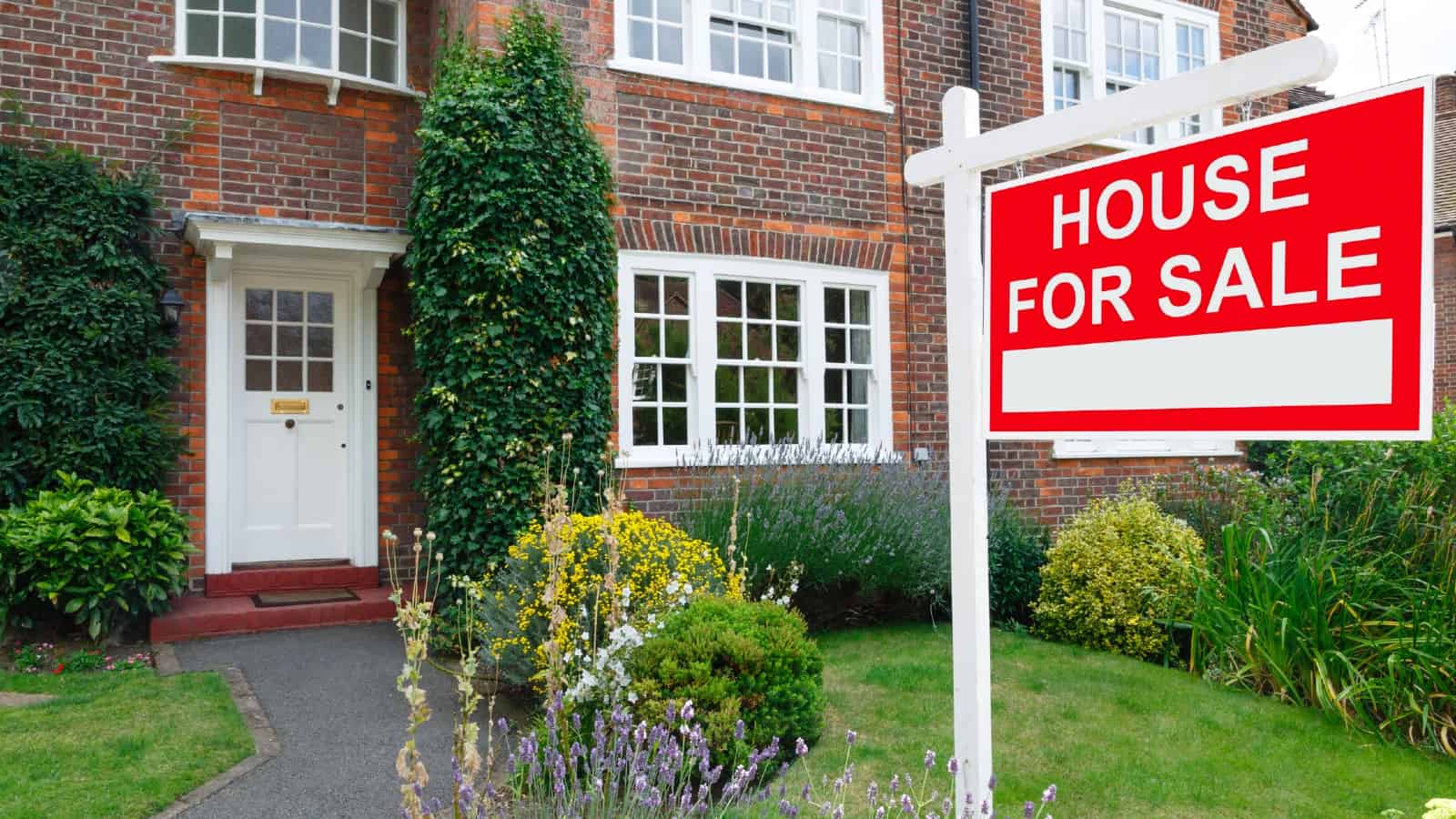The Lloyds (LSE: LLOY) share price peaked at 50p on 2 June, and has fallen to 43p today. It was 23p this time last year. And 63p in January 2020. This kind of volatility isn’t normally my cup of tea.
But it’s a FTSE 100 stock with a $42.7bn market cap. And as the UK’s largest retail bank, Lloyds could be a buying opportunity for me.
Good news for the Lloyds share price
H2 2021 results were excellent. Total income trebled to £19.6bn, up from £6.9bn in H2 2020. The pre-tax profit of £3.9bn was far healthier than a £600m loss in H1 2020.
The bank added 600,000 retail customers in the past year, bring the total to 17.5m. Meanwhile, average deposits rose from £4,100 to £6,100, for an extra £23.7bn in total. Lloyds also reported a healthy £12.6bn mortgage book, maintaining its status as the UK’s biggest mortgage lender. It’s lent £9bn to first time buyers so far, leaving it only £1bn off its full-year target.
On the face of it, it’s all good news. So why the dip? I think investors are fearful about the UK’s wider economic recovery.
Inflation fears
Some inflation is good, because gradual price rises encourage people to spend. The Bank of England knows this, so maintains a 2% inflation target. But if inflation rises too quickly, it’s generally a sign of economic trouble, because demand is outstripping supply. This is what’s happening with house prices and secondhand cars that have risen 11% and 14.5%, respectively, over the past year.
Inflation hit 2.5% in June, and some economists are predicting it could rise to 4% in 2022. This would force the Bank of England to raise interest rates, increasing the cost of borrowing. With less disposable income available, demand, and therefore prices, would start to fall. This would have a knock-on effect on the Lloyds share price.
The Bank of England insists high UK inflation is “transitory”. But what we can’t get away from is the fact that £250bn has accrued in UK accounts in the past 18 months. And higher consumer demand could return before global supply chains have recovered, particularly if developing countries continue to struggle with their vaccination programs.
Where HSBC operates globally, Lloyds works solely in the UK market. It also doesn’t have an investment banking division. This makes the stock more sensitive to local economic fluctuations. And as Autumn turns to Winter, there’s no guarantee that lockdowns won’t return.
The rental gamble
Lloyds plans to become one of the UK’s largest landlords through buying 50,000 houses over the next decade. It’ll do this through its new Citra Living brand in partnership with Barratt Developments. The bank believes it’ll make £300m of pre-tax profit from the first 10,000 homes alone.
But this diversification is a gamble. Average house prices are 30% higher than their peak prior to the 2008 financial crash, and some analysts are predicting a house price correction that could be catastrophic. There’s also a conflict of interest in the country’s largest mortgage broker competing with its customers for property. There could even be legal challenges.
Lloyds has a reasonable price-to-earnings (P/E) ratio of 6. But its dividend yield of 2.8% a year is lower than the FTSE 100 average. If interest rates rise, it could spell disaster for the Lloyds share price. It’s not worth the risk for me. I’m staying away for now.








